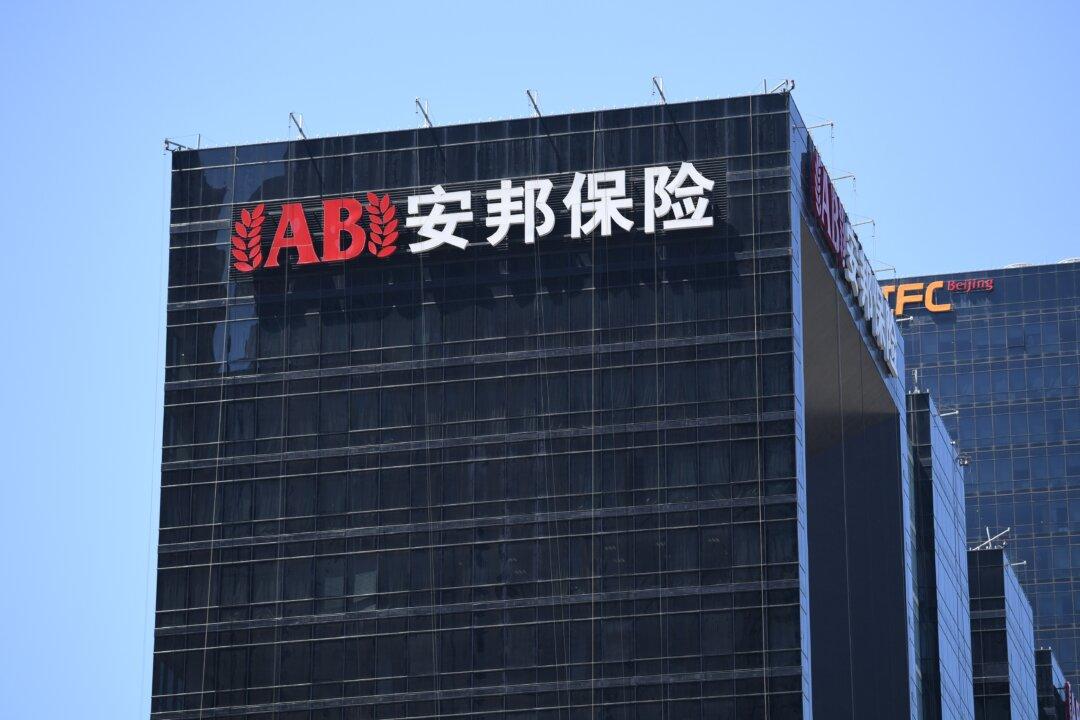One of China’s biggest private firms has now come under the Chinese authorities’ control.
On Jan. 20, Chinese investigative journalist Luo Changping announced on his Weibo account—a platform similar to Twitter—that an inside source told him personnel from the China Insurance Regulatory Commission have placed Anbang Insurance Group, a financial services conglomerate, under its control. The company’s chairman, Wu Xiaohui, who was arrested in June 2017, has gained limited freedom but has already lost his controlling rights to the firm, according to Luo.





